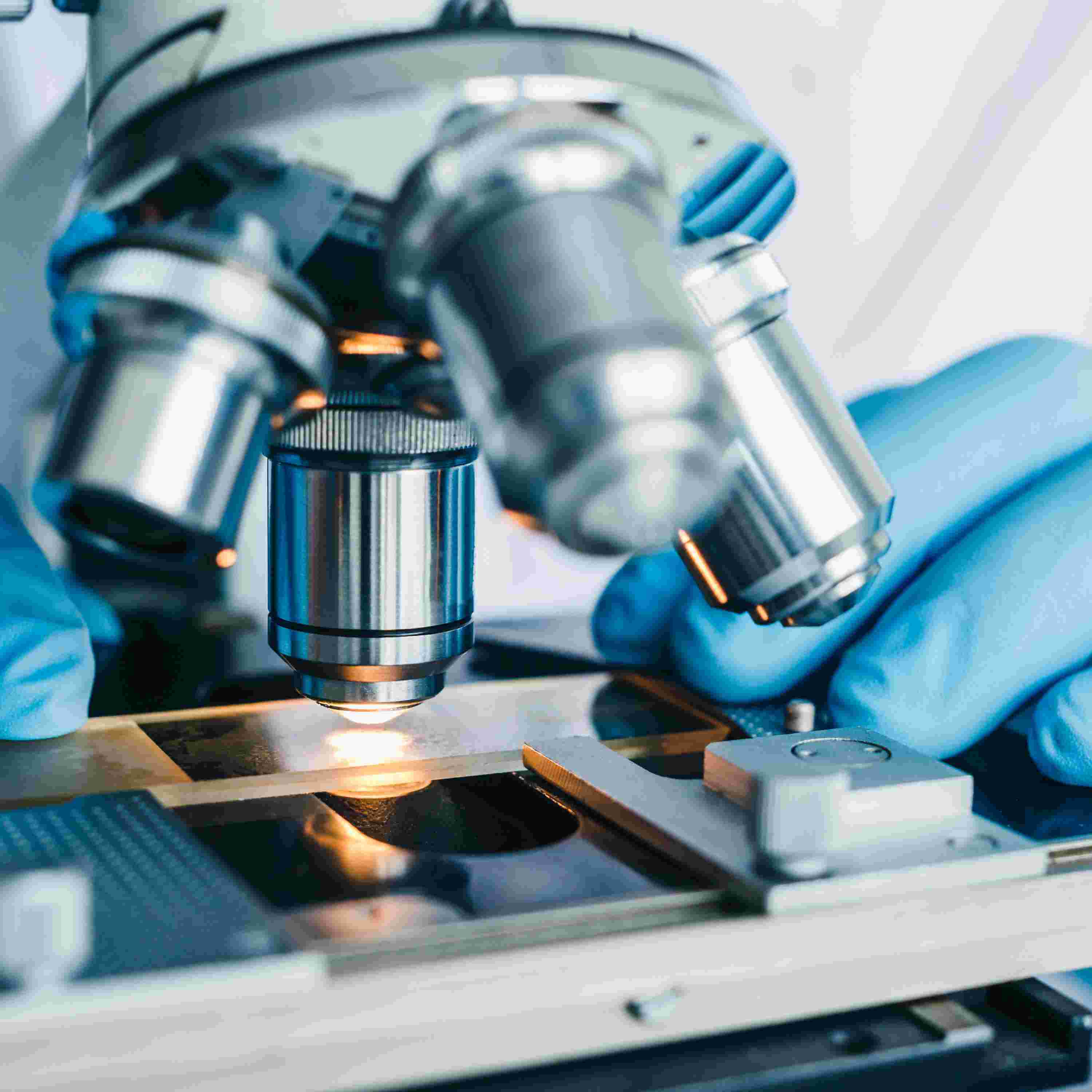

Within weeks of covid-19 enforcing social distancing, we were able to book GP appointments online and conduct health consultations over our mobile phone. And within a year we had a suite of approved vaccines - a process that normally takes years, not months. These changes reflect a burgeoning revolution in healthcare. We explain why this is just the beginning.
Yet despite these rapid advancements, at the centre of the crisis was the fragility of our hospitals, which ultimately led to national lockdowns and economic hardship. As wards were turned over to covid patients, others were left waiting for life saving treatment.
How can healthcare technology be used to prevent this from happening again while also improving patient outcomes, caring for our ageing population, eradicating the threat of disease, and taking pressure off our creaking healthcare system? Will using home-based diagnostic scanning devices like phones and iPads become common-place, and can science enable faster diagnosis and personalised treatments that are more effective with fewer side effects?